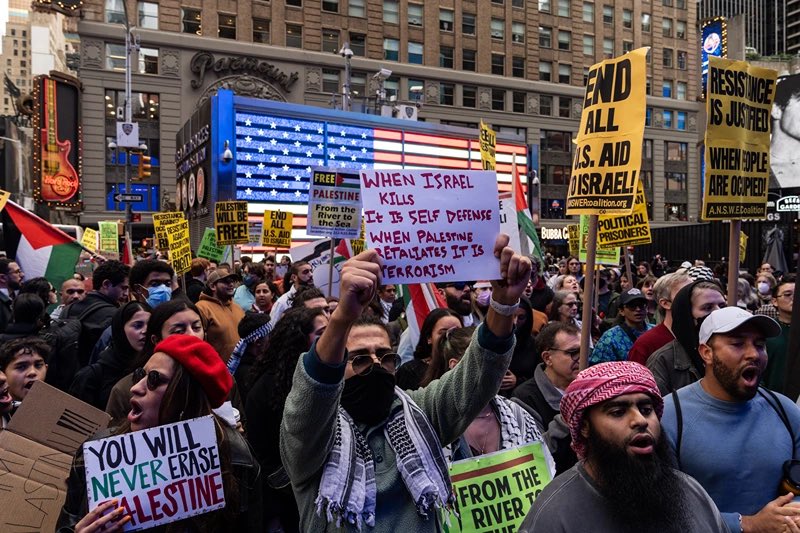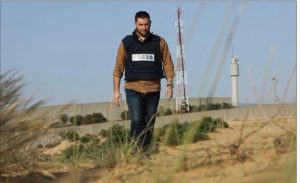The Palestinian slogan “From the river to the sea” has been a source of controversy and debate, symbolizing the aspirations of many Palestinians for an independent state. The phrase, often used in chants and demonstrations, is typically followed by the declaration “Palestine will be free,” highlighting the desire for self-determination within the region encompassing the land between the Jordan River and the Mediterranean Sea.
However, the slogan’s interpretation has been divisive, with some accusing it of carrying genocidal implications. Historical remarks by figures such as the former Syrian leader Hafez al-Assad have perpetuated this perception, emphasizing the intent to eradicate Israel and its people. Even Hamas, a prominent Palestinian organization, has expressed support for the slogan as a symbol of their resistance against Israel and rejection of any alternative to the complete liberation of Palestine.
Also Read: Who is Sohaib Abuayyash? Jordanian arrested in Houston allegedly planned attack on Jews
In response to recent protests in the UK where the slogan was chanted, some political figures, including the home secretary Suella Braverman, have denounced it as a call for the destruction of Israel. Braverman’s viewpoint is widely shared, often viewed as an attempt to restrict discussions on the matter. On the contrary, proponents of the slogan argue that it signifies the aspiration for an independent Palestinian state where individuals can coexist as equals without domination or subjugation.
The context in which the slogan is used is crucial to understanding its implications. For instance, the founding charter of the Likud party, led by Benjamin Netanyahu, advocates for Israeli sovereignty over the entire region from the sea to the Jordan. This complex and charged language has become a focal point for discussion, especially amid the recent surge in antisemitic incidents and the ongoing conflicts in the region.
Also Read: Who is Sabreen Sarsour? Milwaukee Nurse compares Jews to Nazis on social media
The recent controversy surrounding the use of the slogan by a political figure has reignited discussions about its connotations and significance, emphasizing the importance of understanding the diverse perspectives and historical context that shape its meaning within the ongoing Palestinian-Israeli conflict.







